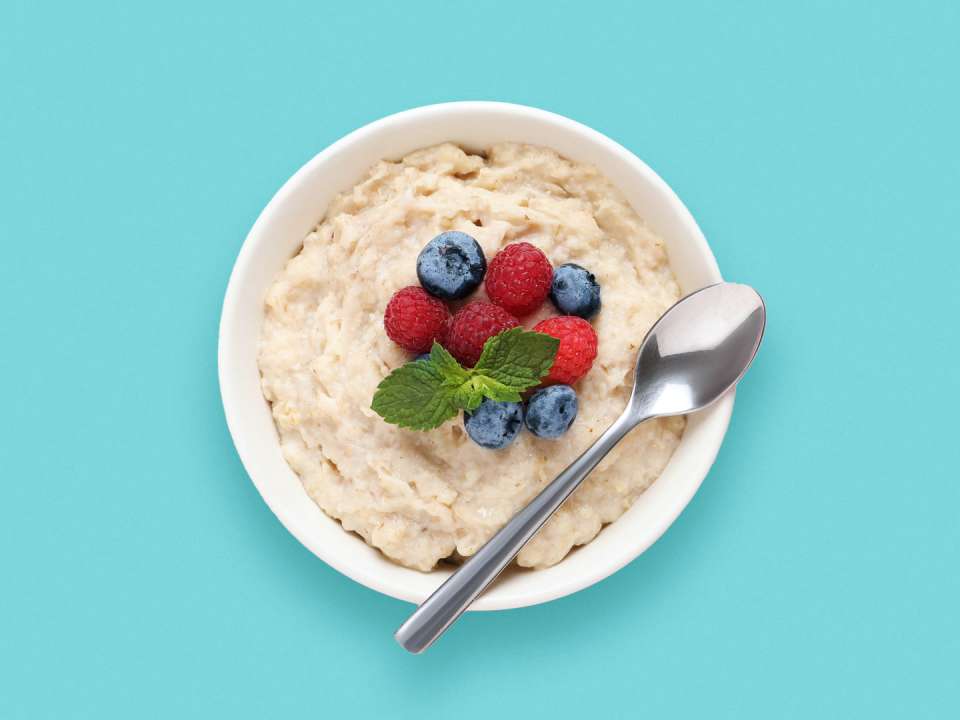
Fasting has been practiced throughout human history, usually for religious reasons. Lately, however, it’s been growing in popularity for its purported health benefits. But is fasting actually good for you, or is it just another wellness trend like juice cleanses and activated charcoal?
Though fasting can give your body time to recover from the intensive process of eating and digesting, it’s not going to solve your weight or diet problems on its own, says Michael Lynch, R.D., a certified diabetes educator at the Lifestyle Medicine Center at Valley Medical Center.
The thought behind intermittent fasting is that when you eat matters more than what you eat. There are different methods, such as giving yourself an “eating window” of just eight hours a day, limiting food intake on some days but not others or skipping food entirely for one or more days each week.
On the positive side, it might allow someone who usually restricts themselves to loosen up a little and enjoy food more. However, that doesn’t mean fasting will make up for a diet high in salt, sugar and fat, Lynch says.
Fasting also isn’t exactly fun and can be harmful for some people. Since you’re restricting food intake, that comes with all the usual side effects like low energy, lightheadedness and being hangry. If you’re healthy and determined to try fasting, you may be able to adjust to it, but for people with existing medical conditions, it could be dangerous.
“It’s a bad idea for anyone who’s pregnant, is elderly or has a medical condition that involves taking medication, such as high blood pressure or diabetes,” Lynch says. “It’s also dangerous territory for people with eating disorders.”
Fasting to help with diabetes
There have been some human case studies that have generated buzz because they suggest intermittent fasting can help people prevent or manage diabetes. But a majority of fasting research has been conducted with rats, and rats are, obviously, different from humans in a lot of ways. More research is needed to determine if fasting has a significant impact on human health.
Fasting could be helpful for some people who have prediabetes or type 2 diabetes, at least in theory, Lynch says.
That’s because of the relationship between diabetes and insulin, the hormone that makes it possible for sugar in our blood to enter our cells and be used or stored for energy. The greatest need for insulin is after eating, especially after a high-carb meal.
People with type 2 diabetes, however, are often resistant to the effects of insulin, meaning their bodies don’t use it efficiently or make enough extra insulin to digest carbs. This causes their blood sugar levels to rise and triggers other metabolic changes that increase their risk for heart disease, stroke and other serious medical problems.
Fasting, however, might reduce carb intake and lower blood sugar levels. This, in turn, reduces the need for insulin and may help decrease someone’s risk for harmful metabolic changes associated with high blood sugars.
“This is where things like low-carb diets come into play, by mitigating insulin response to allow insulin levels to normalize. Intermittent fasting is like the next variation of that,” he says.
Fasting is not a replacement for medication, however, and if you have diabetes it isn’t safe to try fasting without first consulting with your doctor or dietitian.
“You’ll most likely need to adjust medications on some level,” he says. “Many of them are meant to be used with food, so if you take food out of the equation, you could have lots of low blood sugars.”
It also isn’t a long-term solution, because what someone with diabetes eats is critical, not just when they eat.
One type of fasting may be more helpful
There is one type of intermittent fasting that Lynch finds more helpful for improving health: Not eating too soon before bed.
This is because our bodies best metabolize food in sync with our circadian rhythm, he says. If you’re loading your body with food when it’s supposed to be resting, that can put unnecessary stress on your body. Sedentary nighttime activities, like watching TV and sleeping, mean your body has little choice but to store digested food instead of burning it off as fuel.
Fasting to coincide with your circadian rhythm would look something like this: You wake up and have a healthy breakfast. Then, around lunchtime, when your body is most primed to process food, you have a large (again, healthy) lunch that fills you up for the whole afternoon. Early in the evening, you eat a light dinner that satisfies any hunger you have but doesn’t overload you. Then you stop eating at least a few hours before bed.
This is, of course, the opposite of what a lot of Americans do, which is making dinner the main course of the day.
“With fasting, it’s not so much that we’re withholding ourselves from having an enjoyable dinner, it’s just that we’ve had plenty of good things to eat during the day, so it’s easier to have that kind of lighter, leaner and earlier dinner,” Lynch says.
The bottom line
If you’re healthy, don’t have pre-existing medical conditions and want to give intermittent fasting a try, it’s probably not going to hurt you. Just make sure you’re filling up on healthy foods like whole grains, fruits and vegetables instead of foods that are high in sugar, salt and unhealthy fats.
If you want to eat healthier or lose weight, fasting won’t magically accomplish those things for you. But it can be a helpful way to feel more in control of your eating habits — and if it makes you feel good, more power to you.

 Healthy ideas for your inbox
Healthy ideas for your inbox





